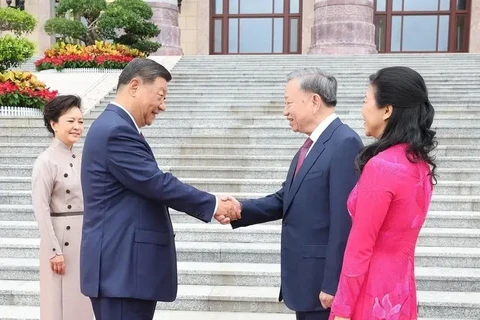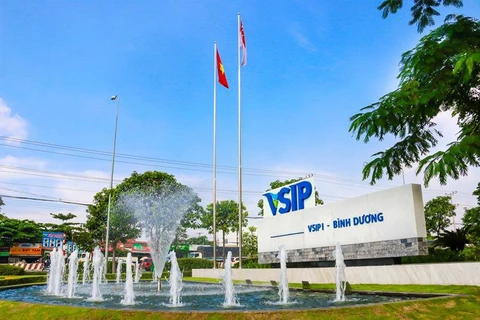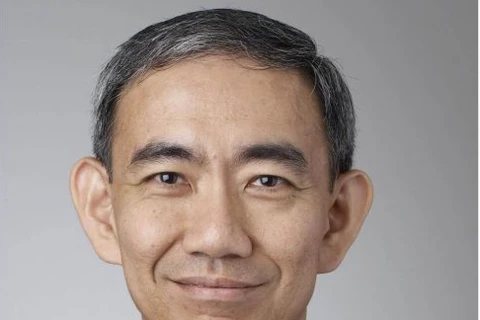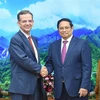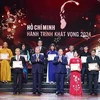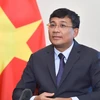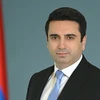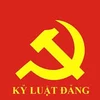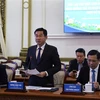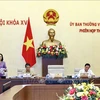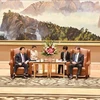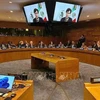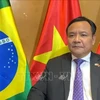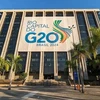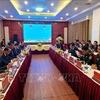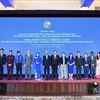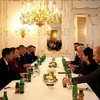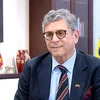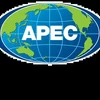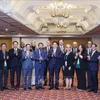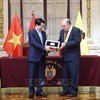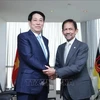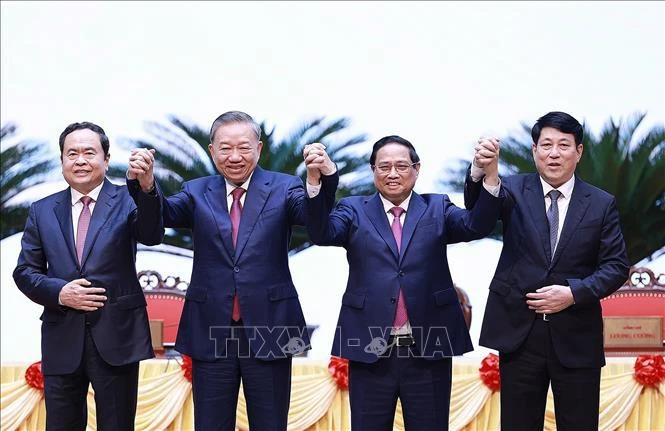
Singapore (VNA) – The inhesion of legacies left by late Party General Secretary Nguyen Phu Trong is clearly demonstrated, according to Associate Prof., Dr. Vu Minh Khuong from the Lee Kuan Yew School of Public Policy under the National University of Singapore.
In a recent interview granted to the Vietnam News Agency regarding succession in the leadership of the Communist Party of Vietnam (CPV) after the recent passing of General Secretary Trong, Khuong said that Vietnam's leadership, with Party General Secretary and State President To Lam at the helm, continues to inherit the legacy of the late Party leader, including pursuing the goals outlined in the resolution of the 13th National Party Congress, which aims to turn Vietnam into a socialist-oriented developed country by the mid-21st century; remaining steadfast in the principle of putting the people at the centre of the development; strengthening the fight against corruption and other negative phenomena within the Party; emphasising the importance of enhancing the efficiency of the state management apparatus and the Party; and adhering to the "bamboo diplomacy" policy, persistently pursuing the foreign policy of independence, self-reliance, diversification and multilateralisation, and being a friend, a reliable partner and a responsible member of the international community.
Referring to the five priorities in Vietnam's foreign policy in the coming time that Lam had emphasised, Khuong said Vietnam's foreign policies in recent years, as well as in the future, have helped strengthen Vietnam's position on the international stage, stressing that Vietnam has distinctive things that the world should learn from, such as maintaining friendship with all countries and turning potential conflicts into genuine mutual understanding to build a better future.
With a strong sense of responsibility, General Secretary and President Lam has continued the vision and mindset of the late Party leader in strengthening Vietnam's position, not only bringing benefits to Vietnam and the region but also to the world, the expert said.
According to Khuong, reforming institutions, upgrading infrastructure, and attracting talents are the three strategic drivers for development that Vietnam will strongly implement in the near future.
Regarding the article titled “Resolving to build a strong Party, and a prosperous, powerful, democratic, fair and civilised Vietnam” by the new top leader, Khuong noted that it addresses important issues of institutions and structures as well as seizing the opportunities of the era.
This is also the inheritance of the mindset of late General Secretary Trong, he said, expressing his belief that the CPV is on a good path and has a clear strategy to bring prosperity to the country in the next two decades./.
